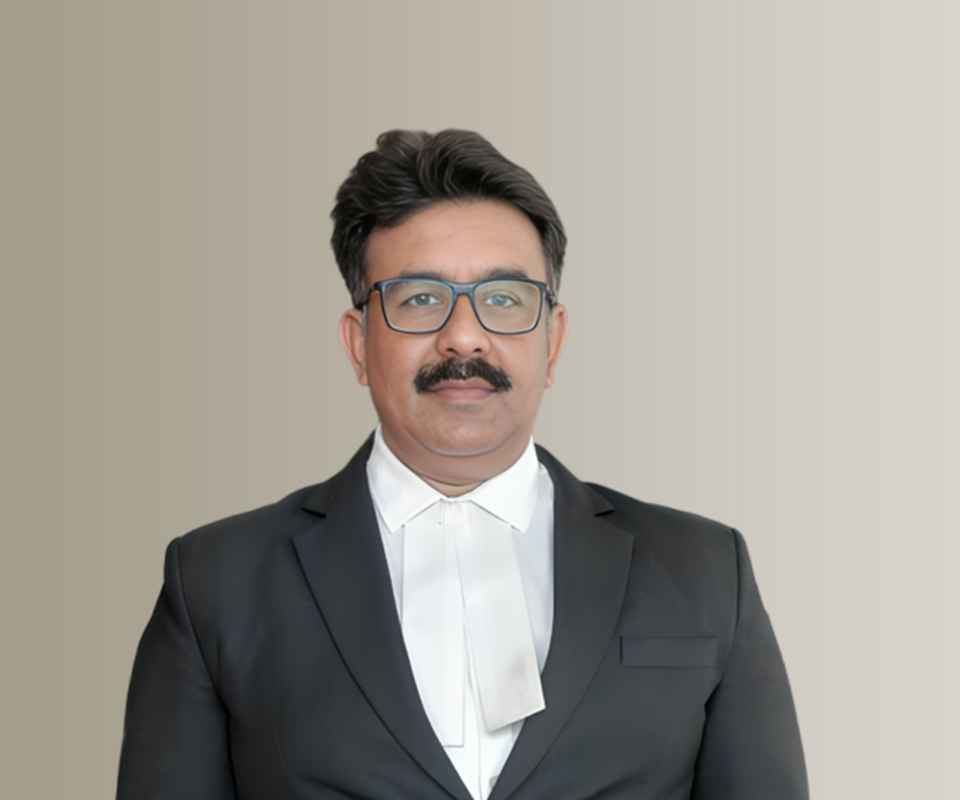Answer By law4u team
Misuse of medical grants and funds refers to the diversion or improper use of financial resources intended for healthcare or medical research purposes. These funds are typically provided by governments, non-profits, or private organizations to support projects aimed at improving public health, advancing medical research, or providing healthcare services to underserved populations. When individuals or organizations exploit these funds for personal gain, inappropriate projects, or unauthorized purposes, it constitutes a violation of legal and ethical standards. Misuse can include misappropriation, fraud, embezzlement, and diversion of funds, which undermines the integrity of healthcare programs and depletes vital resources.
Examples of Misuse of Medical Grants and Funds:
Misuse of Research Grants:
Falsifying Data: A researcher receiving a grant for clinical trials may falsify data to make it appear as though the research is producing successful results. This can lead to the diversion of research funds intended for legitimate studies to support fraudulent findings, which may damage the credibility of the scientific community.
Misappropriation of Funds for Personal Use: A principal investigator might use grant funds intended for research materials, participant compensation, or lab expenses to pay for personal items or travel unrelated to the research.
Funding Unapproved Projects: Funds allocated for one specific research project might be misused by being redirected to a different project that was not approved or authorized, without informing the grant provider.
Misuse of Government Healthcare Funding:
Overbilling or Fraudulent Billing: Healthcare providers, such as hospitals or clinics, may use government-provided funds (e.g., Medicaid, Medicare) for fraudulent billing. For example, they may bill for services not rendered or exaggerate the scope of treatments provided, diverting funds for personal or institutional gain.
Funds for Patient Care Diverted to Personal Accounts: Administrators of healthcare institutions may divert funds intended for patient care and treatment (such as government-subsidized healthcare services) to personal bank accounts or for unauthorized expenses.
Diverting Charitable Medical Funds:
Personal Gain from Charitable Donations: Charitable organizations, which are supposed to use funds for providing healthcare to underserved populations or for medical research, may misappropriate funds for personal expenses or benefits. This can include using funds for lavish office spaces, personal salaries, or non-medical expenses that don’t align with the charity's mission.
Improper Allocation of Donated Funds: A non-profit healthcare organization may fail to use donations or grants as intended by the donors, spending them on administrative costs or unrelated activities, instead of on patient care, medical services, or equipment.
Misuse of International Healthcare Aid:
Funneling Funds for Personal or Political Gain: In countries receiving international healthcare aid, such as through organizations like the World Health Organization (WHO) or other global health initiatives, officials may divert funds meant for healthcare programs into personal accounts, or to support political agendas rather than addressing health crises.
Improper Use of Donated Medical Supplies: Healthcare aid, including medical supplies and drugs, might be sold on the black market or distributed improperly, rather than being used for the intended purpose of improving public health.
Mismanagement of Funds for Healthcare Infrastructure:
Construction or Renovation Fraud: Healthcare institutions or contractors receiving grants for building or renovating healthcare facilities may divert funds meant for construction or maintenance to their personal accounts or inflate construction costs for personal profit. This leads to incomplete or substandard healthcare facilities.
Misallocation of Resources: A hospital or healthcare provider receiving funding to improve medical equipment may misuse those funds by purchasing unnecessary or overpriced equipment that doesn’t meet the institution's needs, diverting the remaining funds for other unauthorized purposes.
Inappropriate Allocation of COVID-19 Relief Funds:
Fraudulent Claims for PPE (Personal Protective Equipment): During the COVID-19 pandemic, healthcare providers and suppliers received government funds to purchase protective equipment and supplies. Some may have used these funds for personal gain by submitting false claims for PPE they never purchased or sold the PPE on the black market for a profit.
Misuse of Government Emergency Funds: Some healthcare administrators or organizations may have used government relief funds for expenses unrelated to the pandemic, such as paying for personal luxuries or using funds intended for COVID-19 relief to cover operational costs that were not related to healthcare needs.
Legal and Ethical Consequences:
Criminal Charges:
Fraud and Embezzlement: Individuals or organizations found guilty of misusing medical grants or healthcare funds may face criminal charges, such as fraud, embezzlement, or theft. These charges carry serious legal penalties, including imprisonment and heavy fines.
False Claims: Submitting false or inflated claims for healthcare services or research can result in charges under the False Claims Act or similar laws, especially if the misuse involves federal or state funds.
Tax Evasion: Misuse of funds may also result in tax evasion charges if funds are funneled into unreported or unauthorized accounts, avoiding proper tax payments.
Civil Lawsuits:
Restitution: Individuals or organizations found guilty of misusing medical funds may be required to repay the funds they misappropriated through civil lawsuits. Restitution could also include compensating victims for losses incurred as a result of the fraud or mismanagement.
Damages: In cases where patients, research institutions, or other healthcare organizations suffer harm due to the misuse of funds, the perpetrators may be required to pay for damages, including loss of services or resources that were diverted.
Loss of Funding and Partnerships:
Termination of Grants: Healthcare providers, researchers, or organizations found misusing funds may face the termination of future grant opportunities, research funding, or healthcare aid from governments, donors, or private entities.
Loss of Licenses: Healthcare professionals and organizations involved in financial misconduct may lose their medical licenses, accreditation, or certifications, which can end their ability to operate in the healthcare industry.
Reputation Damage:
Public Trust: Misuse of medical grants and funds can severely damage the reputation of healthcare organizations, researchers, and professionals involved. This loss of trust can affect their ability to attract future funding, collaborate with other entities, or maintain public support.
Ethical Violations: Those involved in the misuse of funds may face ethical violations and be disqualified from practicing in their respective fields, especially if they are healthcare providers or researchers.
Example:
A hospital administrator was found to have embezzled millions of dollars from government healthcare funds intended to improve patient care and expand hospital services. The administrator diverted these funds for personal luxury purchases, including vacations and expensive personal items. After an investigation, the administrator was convicted of healthcare fraud, embezzlement, and money laundering, sentenced to prison, and ordered to pay restitution to the hospital. The hospital also faced significant financial strain due to the lost funds, affecting its ability to provide critical services to patients.







